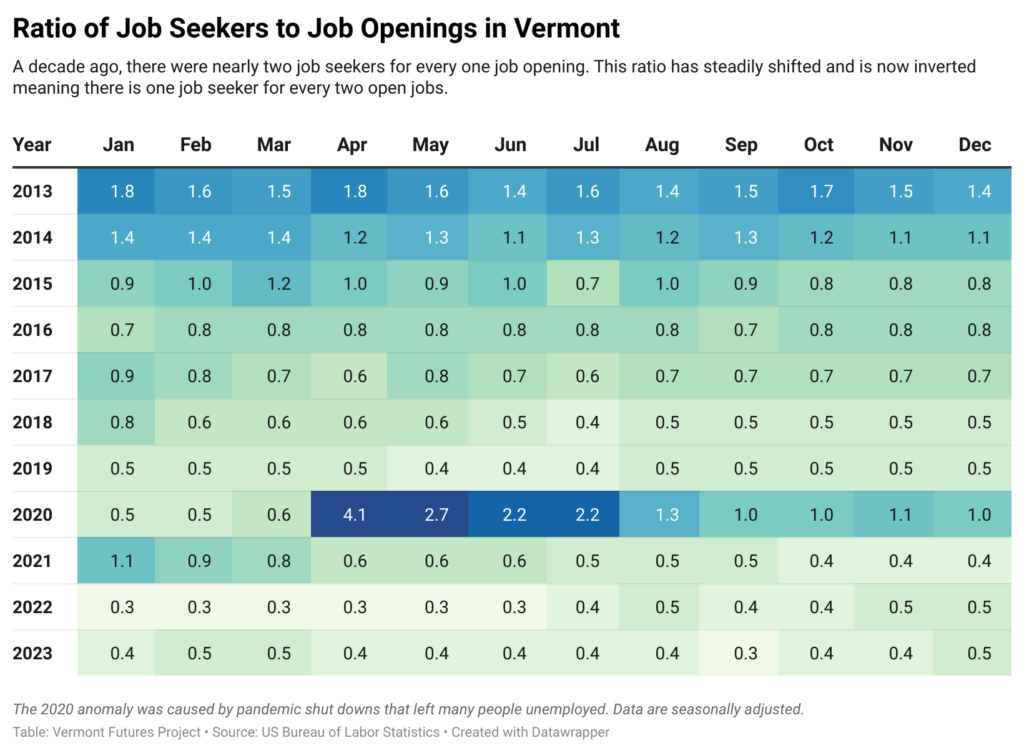Striking the Right Balance: Advocating for Equitable Property Tax Reform
This week, the Vermont Chamber testified in the House Ways and Means Committee on property tax classifications—an issue with far-reaching implications for education finance, business competitiveness, and overall economic stability. Vermont faces a pressing challenge: affordability is increasingly strained by rising property tax rates.
According to the U.S. Census Bureau, in 2023, Vermont ranked third in total taxes per capita ($6,948.15) and first in property taxes per capita ($1,870.04). This is a position Vermont has held since 1999, when the property tax per capita was $650.27. Adjusted for inflation—using an approximate multiplier of 1.7—that amount would be about $1,105 today. Instead, the current rate is around 70% higher, indicating that property tax burdens have surged well beyond general inflation, exacerbating affordability challenges for both residents and businesses.
The Core Issue
The Vermont Chamber of Commerce acknowledges the need for reform to address these affordability concerns. However, we have concerns about introducing new property tax classifications. Following testimony from the Vermont Chamber and industry stakeholders, revised classifications were introduced:
- Homestead
- Nonhomestead, Apartment
- Nonhomestead, Nonresidential
- Nonhomestead, Residential
While this revision reduces the nine categories initially reviewed by the committee earlier in the week, the Vermont Chamber remains concerned. The current proposal creates an opening for inequitable tax treatment by singling out businesses with a category specific to them. Introducing multiple new classifications could lead to:
- Increased Complexity: More categories may obscure accountability and reduce transparency.
- Administrative Inefficiencies: An expanded system could result in unpredictability and higher administrative costs.
- Unintended Business Impact: Additional classifications might impose higher or less favorable rates on businesses, discouraging investment and growth.
Recommendations for a Better Path Forward
To address the growing gap between property tax obligations and economic reality—while maintaining a system that is simple, equitable, transparent, efficient, and stable—the Vermont Chamber is advocating for legislators to combine the Nonhomestead, Apartment and Nonhomestead, Nonresidential categories into one Nonhomestead category. Both property types share similar market-driven and investment characteristics, which differentiates them from Nonhomestead, Residential properties. This consolidation would eliminate the potential for inequitable tax treatment of businesses and promote fairness across the board. Recommendations from the Vermont Chamber remain:
- Postpone or Scale Back the Expansion of Classifications: Delay or limit the introduction of new tax categories until a comprehensive analysis demonstrates clear benefits.
- Consolidate Similar Categories: Streamline the system by grouping similar property types to preserve clarity and fairness.
- Institute a Mandatory Regular Review Mechanism: Establish a periodic review process to ensure that the tax system remains responsive to economic changes and aligned with community needs.
Looking Ahead
The House Ways and Means Committee is expected to vote on this bill early next week. It is critically important that any property tax reforms enhance stability and fairness, not undermine them. By focusing on these core principles, Vermont can tackle its affordability challenges without creating a system that singles out businesses or adds unnecessary complexity. While there are concerns with the current proposal, we remain committed to staying at the table to ensure that the business community has a proactive voice and that any changes remain equitable, transparent, and supportive of economic growth.




